Summaries of books about Sociology:
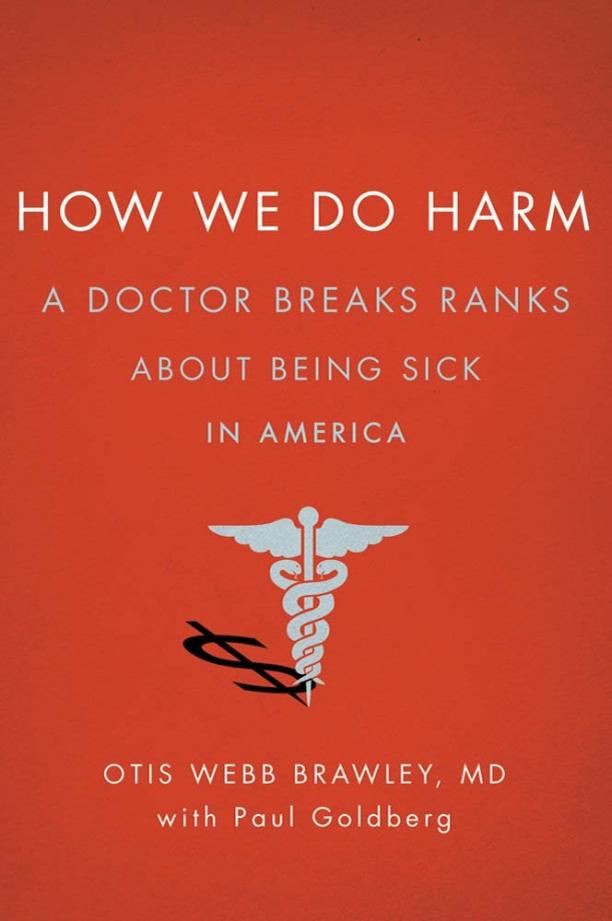
How We Do Harm
A Doctor Breaks Ranks About Being Sick in America
Otis Webb Brawley
The book exposes the flaws and inequalities in the American healthcare system, highlighting how profit-driven practices and systemic racism lead to suboptimal care for patients. It provides a physician's perspective on the consequences of overtreatment, undertreatment, and the complex interplay between medicine, money, and patient well-being.
See full summary
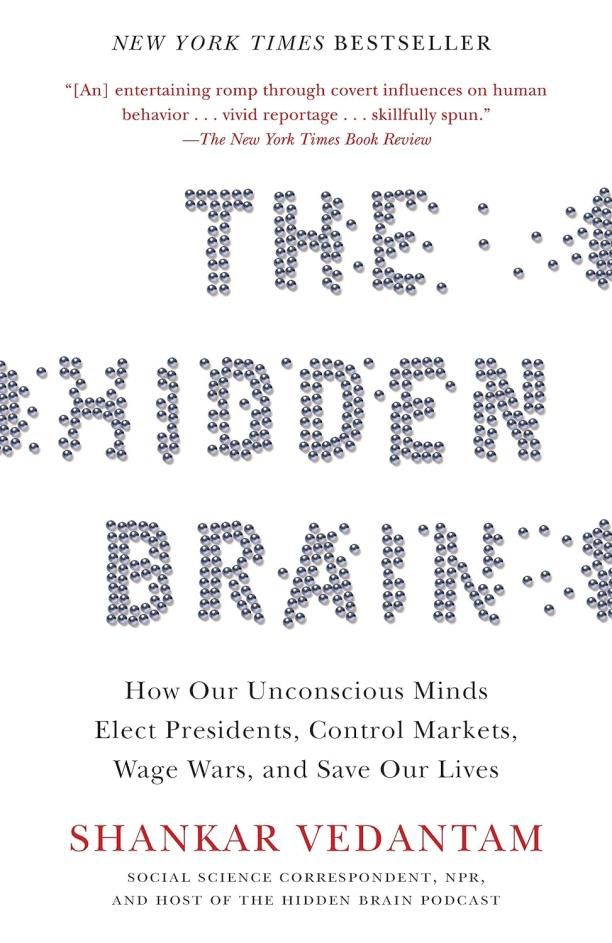
The Hidden Brain
How Our Unconscious Minds Elect Presidents, Control Markets, Wage Wars, and Save Our Lives
Shankar Vedantam
The book explores the unconscious cognitive processes that influence human behavior, decision-making, and societal outcomes, revealing how these hidden forces shape our personal lives and collective experiences. It delves into various aspects of life, from politics and economics to personal relationships and conflicts, illustrating the power and implications of our subconscious minds.
See full summary
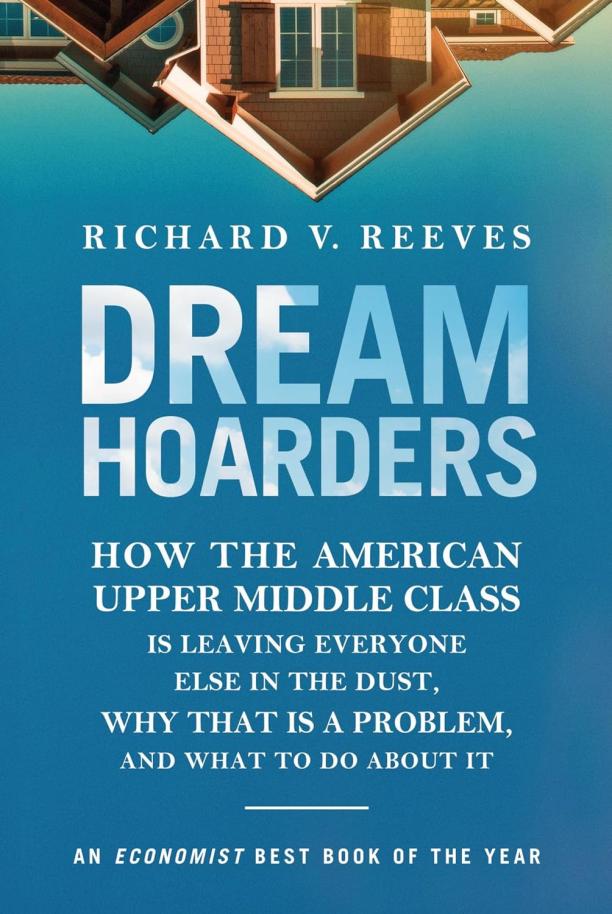
Dream Hoarders
How the American Upper Middle Class Is Leaving Everyone Else in the Dust, Why That Is a Problem, and What to Do About It
Richard V. Reeves
The book argues that the top 20% of Americans—those often considered the upper middle class—are consolidating wealth and opportunities, exacerbating inequality and hindering social mobility. It suggests policy changes to address these issues, such as reforming zoning laws, fixing the education system, and altering tax policies to create a more equitable society.
See full summary
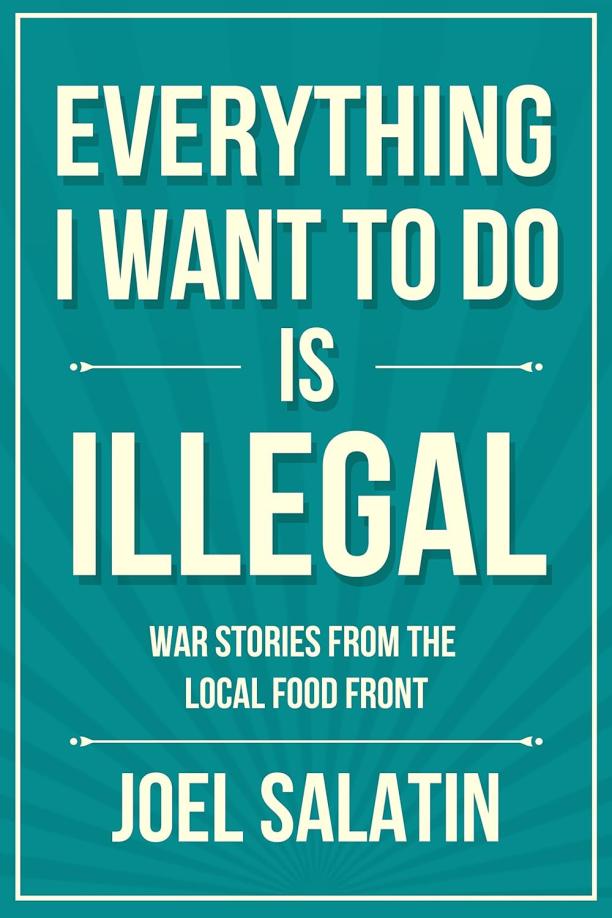
Everything I Want to Do Is Illegal
War Stories from the Local Food Front
Joel Salatin
The book is a critique of the regulatory hurdles faced by small farmers and local food producers, arguing that bureaucratic red tape stifles innovation and favors industrial agriculture. It shares personal anecdotes and challenges encountered by the author in his efforts to run a sustainable farm and advocate for food system reform.
See full summary
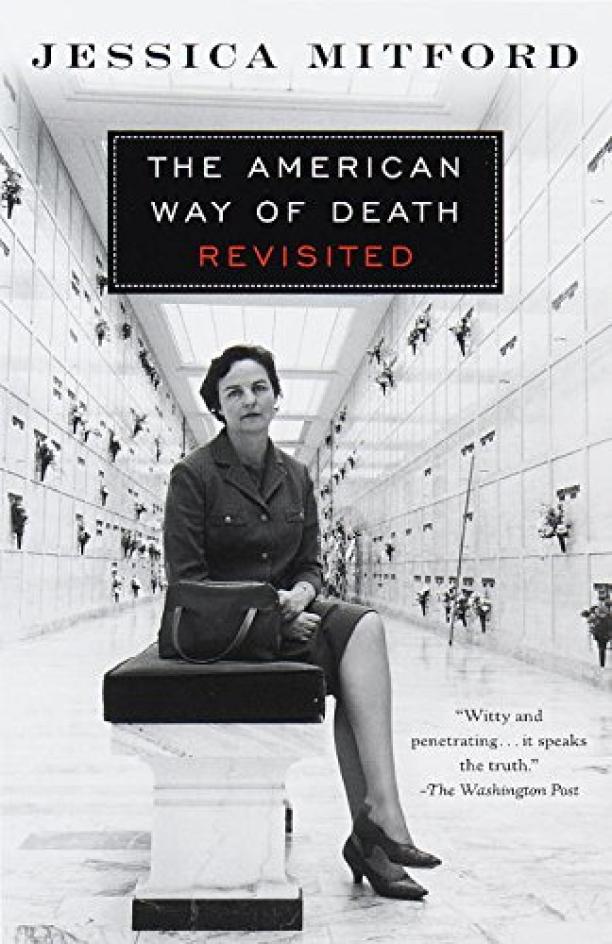
The American Way of Death Revisited
Jessica Mitford
The book critically examines the funeral industry in the United States, exposing exploitative practices and the commercialization of death. It delves into the high costs of funerals, the selling of unnecessary services, and the lack of regulation that allows for widespread consumer manipulation.
See full summary
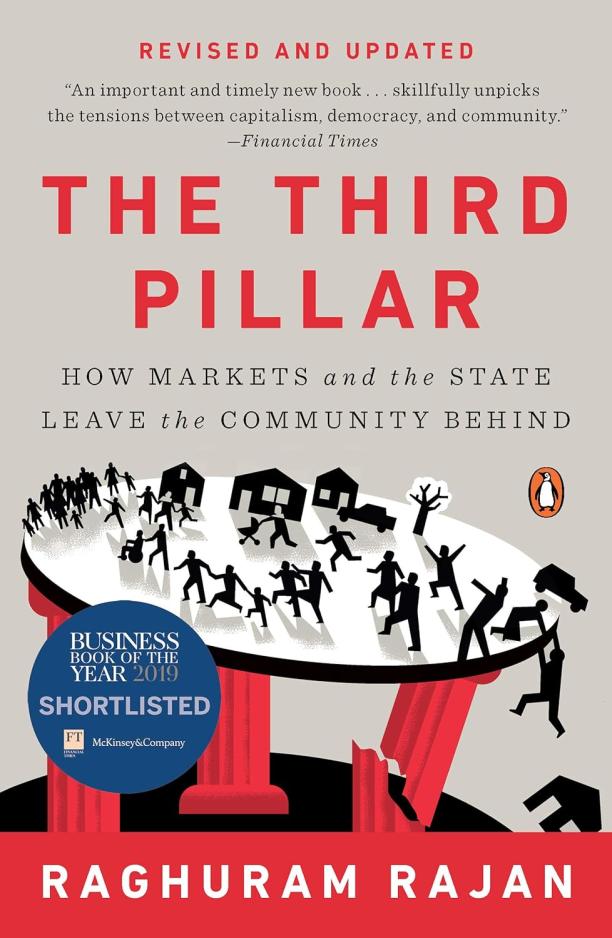
The Third Pillar
How Markets and the State Leave the Community Behind
Raghuram Rajan
The book explores the imbalance between the three pillars of society: the market, the state, and the community, arguing that the neglect of community has led to social and economic instability. It proposes solutions to restore balance, emphasizing the need for stronger local communities to ensure sustainable growth and democratic health.
See full summary
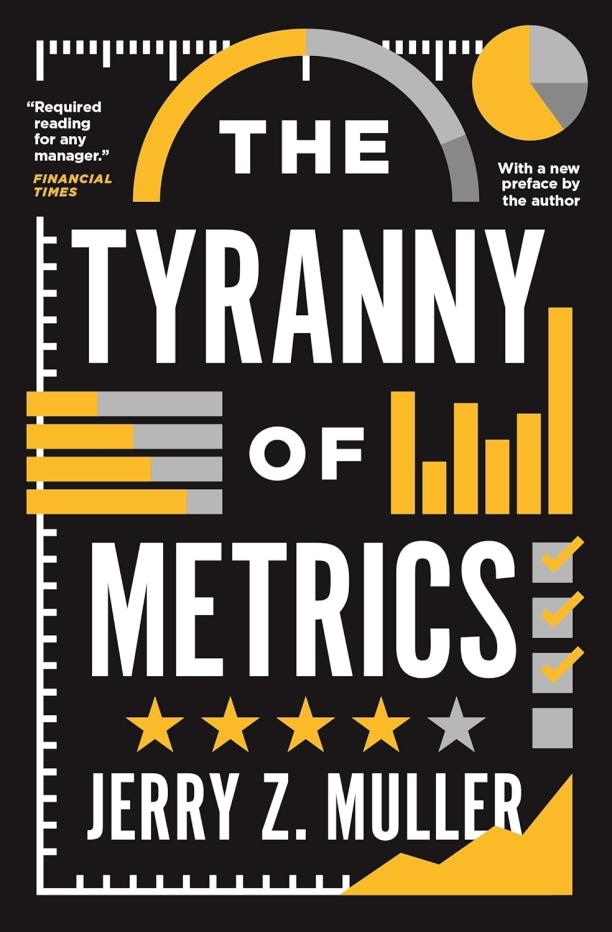
The Tyranny of Metrics
Jerry Z. Muller
The book critiques the modern obsession with quantifying human performance through metrics, arguing that this approach can lead to counterproductive outcomes, gaming of the system, and a neglect of important but less measurable aspects of organizational and individual success. It delves into case studies across various sectors, including education, medicine, business, and government, to illustrate the pitfalls of overreliance on metrics and the importance of professional judgment.
See full summary
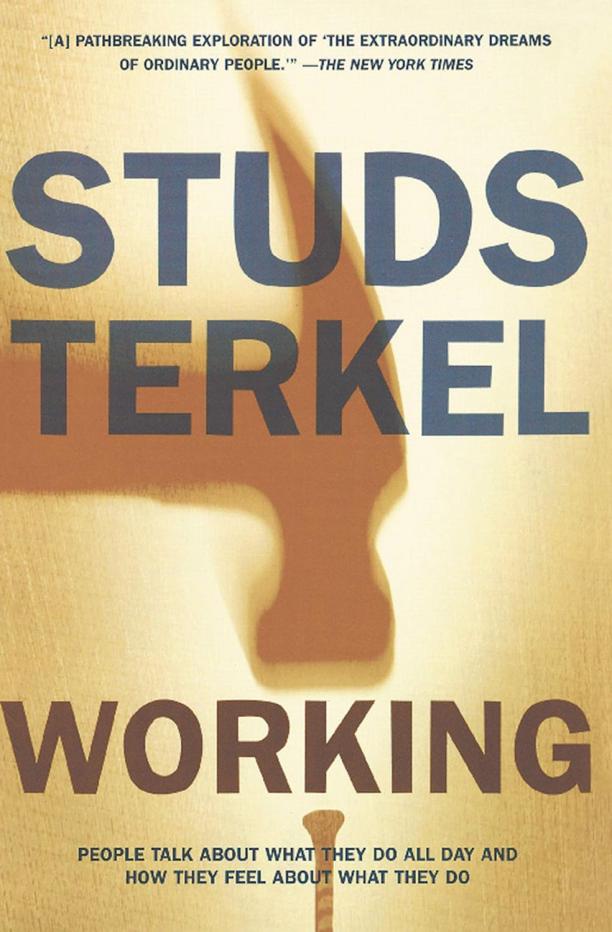
Working
People Talk About What They Do All Day and How They Feel About What They Do
Studs Terkel
The book is a compilation of oral histories from a diverse range of American workers, who share intimate and candid reflections on their jobs and their feelings towards their work. It explores the meaning of work in people's lives and the impact it has on their identity, dignity, and sense of self.
See full summary
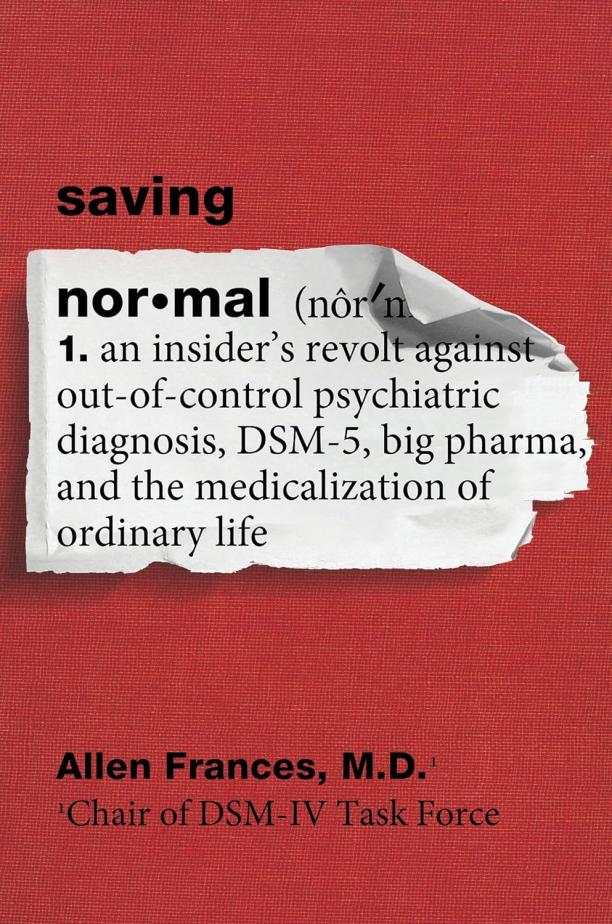
Saving Normal
An Insider's Revolt against Out-of-Control Psychiatric Diagnosis, DSM-5, Big Pharma, and the Medicalization of Ordinary Life
Allen Frances
The book critiques the expansion of psychiatric diagnoses and the overuse of medications, arguing that normal variations in behavior are too often classified as mental disorders. It discusses the influence of the DSM-5, the pharmaceutical industry, and the potential harm of overdiagnosis and overtreatment in mental health.
See full summary
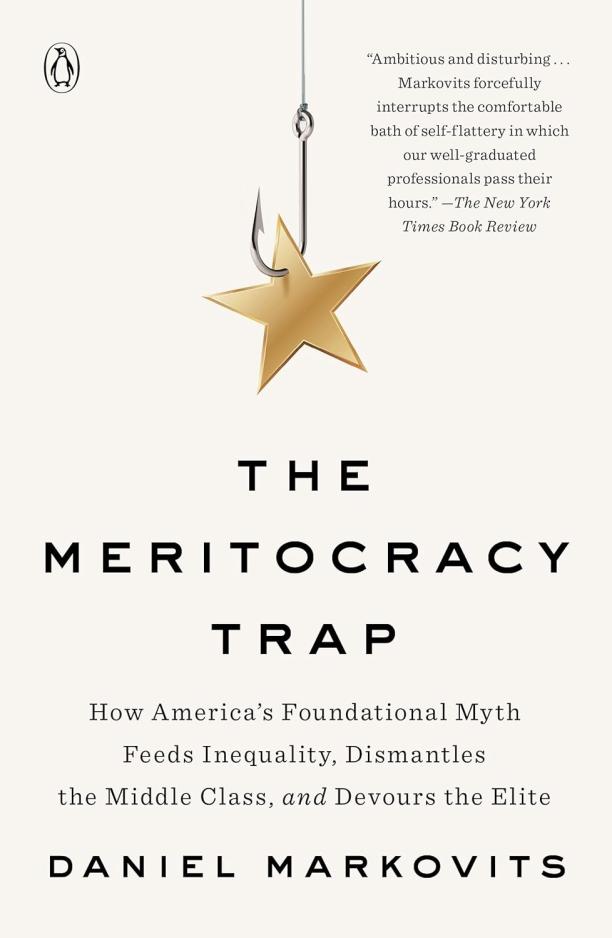
The Meritocracy Trap
How America's Foundational Myth Feeds Inequality, Dismantles the Middle Class, and Devours the Elite
Daniel Markovits
The book argues that meritocracy, once thought to be a fair system for distributing success, has become a mechanism for creating an entrenched, wealthy elite and exacerbating inequality. It suggests that this system not only harms the middle and lower classes but also places immense pressure on the elite to maintain their status, ultimately undermining social mobility and the American Dream.
See full summary